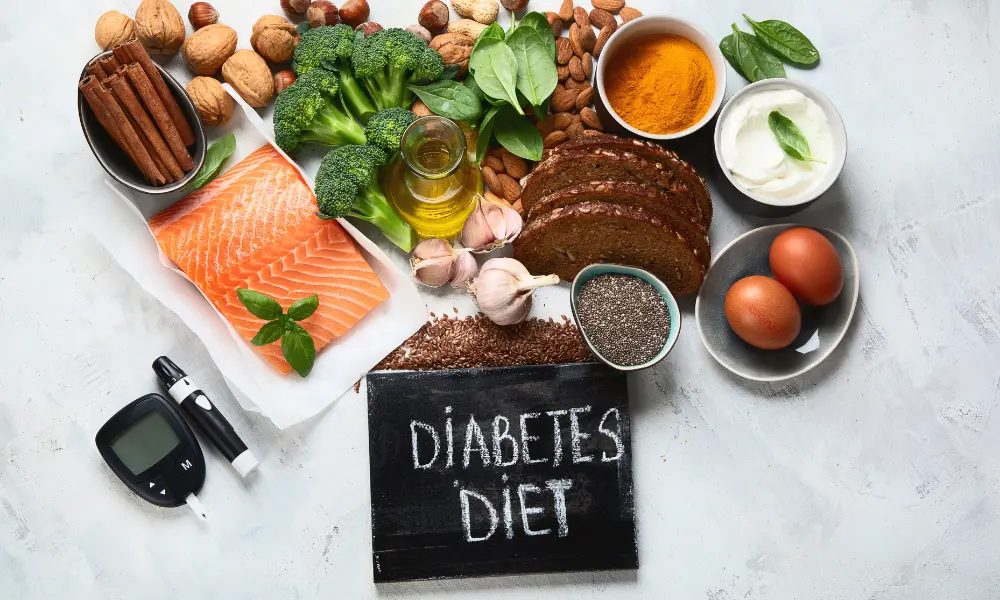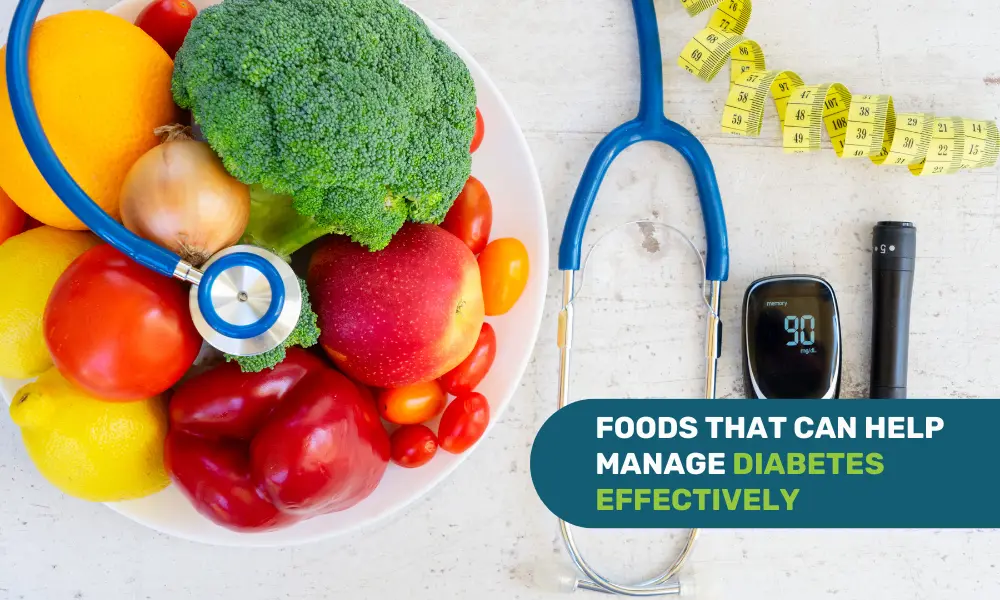For people with diabetes, dinner isn’t just a meal. It is a key to maintaining overnight glucose balance. A poorly planned dinner can lead to nighttime blood sugar spikes or early morning lows for diabetics. Since metabolism slows down in the evening, food choices and timing become even more critical.
-
Eating too late at night: Late-night dinners interfere with insulin sensitivity and digestion, leading to poor glucose control. The body’s ability to process sugar decreases in the evening, and late meals may also disturb sleep.
Tip: Try to finish dinner at least two to three hours before bedtime. A light evening walk afterward can also help.
-
Skipping Dinner Entirely: Some diabetics think skipping dinner will reduce calorie intake and help control blood sugar. However, this can lead to hypoglycemia during the night, especially if you’re on insulin or certain medications.
Tip: Eat a light, balanced dinner instead of skipping it, including protein, fibre, and healthy fats to maintain glucose stability.
-
Overeating Carbs at Night: Carbohydrate-heavy meals, such as rice, pasta, bread, or sugary desserts, can cause rapid blood sugar spikes. Many people with diabetes misjudge portion sizes or assume “healthy” carbs like whole wheat are free to consume in large quantities. Balanced carb intake is essential.
Tip: Stick to complex carbs with a low glycaemic index, such as quinoa, barley, or lentils, and always pair them with protein or fibre.
-
Ignoring fibre: Fiber slows down digestion and sugar absorption, yet many diabetic diets lack vegetables or whole grains at dinner.
Tip: Include high-fibre veggies like broccoli, spinach, or okra. Add a portion of salad or vegetable soup to your plate.
-
Not including enough protein: A carb-heavy dinner without adequate protein slows down glucose absorption but offers no satiety. This often leads to overeating or sugar cravings later.
Tip: Add lean proteins like grilled chicken, paneer, tofu, eggs, or legumes. Protein helps stabilise blood sugar and keeps you full longer.
-
Consuming hidden sugars: Many sauces, salad dressings, and packaged “health foods” contain hidden sugars and refined starches. These can trigger unexpected blood sugar spikes.
Tip: Always read food labels and opt for homemade dressings and sauces. Use herbs, lemon, or vinegar instead of sugar-based flavorings.
-
Drinking sweetened beverages: Fruit juices, sweet teas, and even some packaged “diabetic-friendly” drinks can raise blood sugar levels quickly.
Tip: Choose water, unsweetened herbal tea, or infused water with cucumber or lemon for flavour.
-
Not tracking your blood sugar post-dinner: many people track sugar levels only in the morning or before meals, but post-dinner spikes can go unnoticed and cause long-term issues.
Tip: Monitor your glucose for 1-2 hours after dinner occasionally to understand how different foods affect you.
Dinner mistakes can have a lasting impact on blood sugar control for people with diabetes. By planning well-balanced meals, timing them right, and avoiding common traps like hidden sugars or skipping the meal entirely, one can maintain better overnight glucose levels and wake up feeling healthier and more energized. To take a diabetes test – CLICK HERE!
Disclaimer: This article is meant for informational purposes only and must not be considered a substitute for professional advice.





